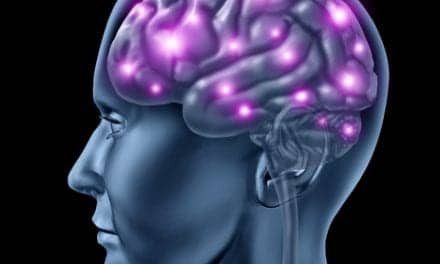A pilot project shows promising results, reports CBC.
The 24 teens that participated in the randomized controlled trial learned about healthy sleep habits, challenging negative thoughts and creating a consistent sleep schedule. They experienced improved quality and length of sleep, and fewer post-concussion symptoms.
“As they learn the skills that we teach them their confidence increases, they start sleeping better and it’s this really positive cascade. And, as they start sleeping better they’re more likely to go to school. As they go to school their mood gets better, their activities start to resume and of course their sleep naturally gets better. So, what we’re seeing is this really exciting positive influence on people’s lives,” Tomfohr-Madsen said.



